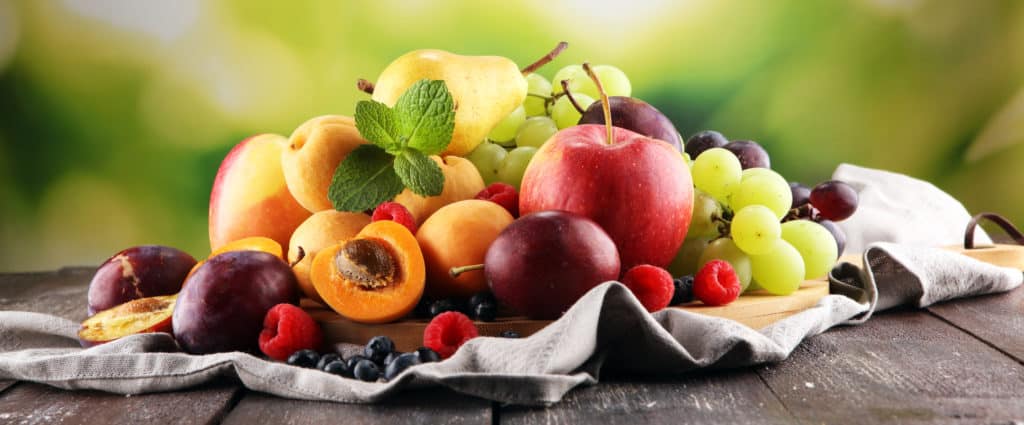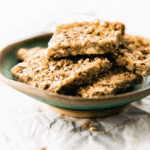Consuming enough fruits and vegetables every day can prove to be challenging for some, but we all know how important it is to try to get some of them into our diet.
Not only do fruits and vegetables contain nutrients that support healthy body functions, but research shows that these foods can promote long-term preservation as well. In addition to providing these remarkable health benefits, fruits and vegetables are usually low in calories and fat, making them a smart choice for people who are watching their weight.
Fruits and vegetables do contain carbohydrates, but that shouldn’t be enough to leave them out of your diet. The reality is, fruits and vegetables contain varying amounts of carbs, so picking the right ones, in the right quantities, means you can take in the health benefits of these foods while losing weight.
Read on for our guide of the best low-carb fruits and vegetables to include in your low-carb diet plan.
Low Carb Fruits
Fruits tend to have a higher carbohydrate count than most veggies because they contain natural sugars, but this does not mean that you should stay away from them. Some fruits have more water content, meaning that they provide fewer carbs per 100g serving. The following are some of the best low carb fruit options you can find at your local supermarket:
Watermelon
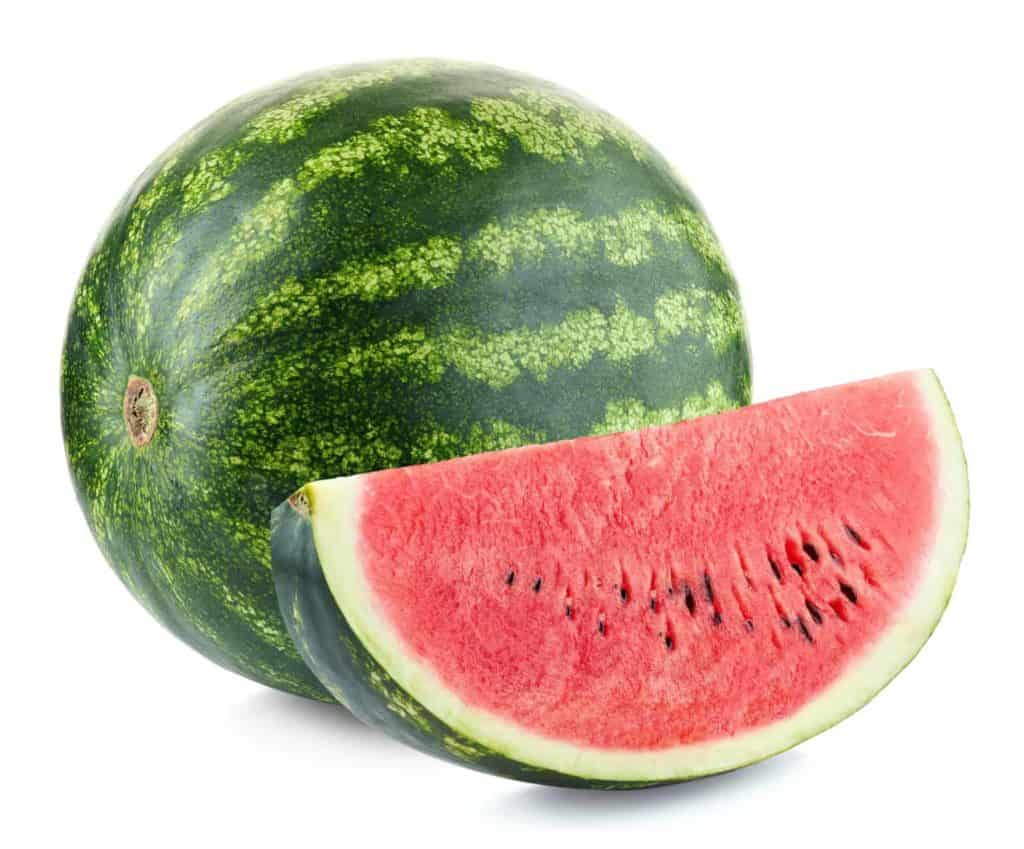
Watermelon has the lowest carbohydrate count, with only 7.55g per 100g of fruit. It is also an excellent source of vitamin A and has high water content. Watermelon can also promote satiety while providing fewer calories.
Strawberries
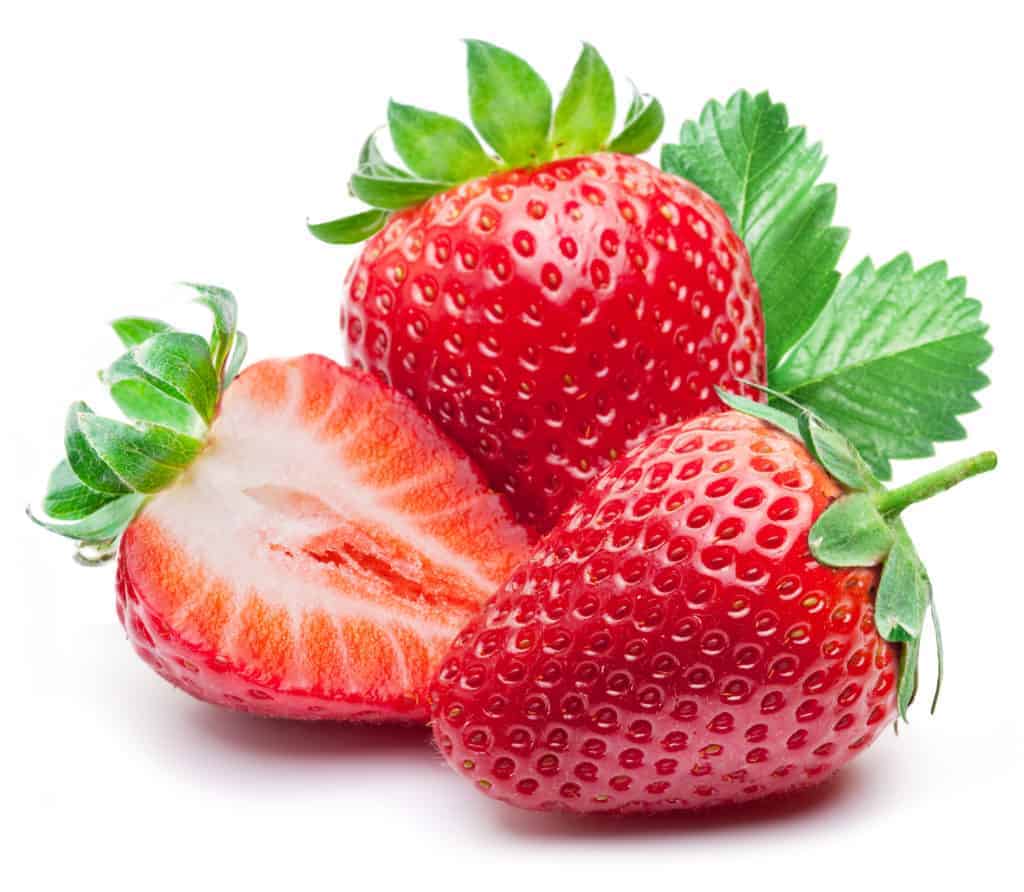
Berries are a go-to option for individuals watching their carb intake as they have the fewest carbs of any berry. Each 100g serving of strawberries provides 7.68g of carbohydrates. They are also excellent sources of vitamin C and potassium, an electrolyte that helps support healthy blood pressure, balance acid levels, and promote a healthy metabolism.
Cantaloupe
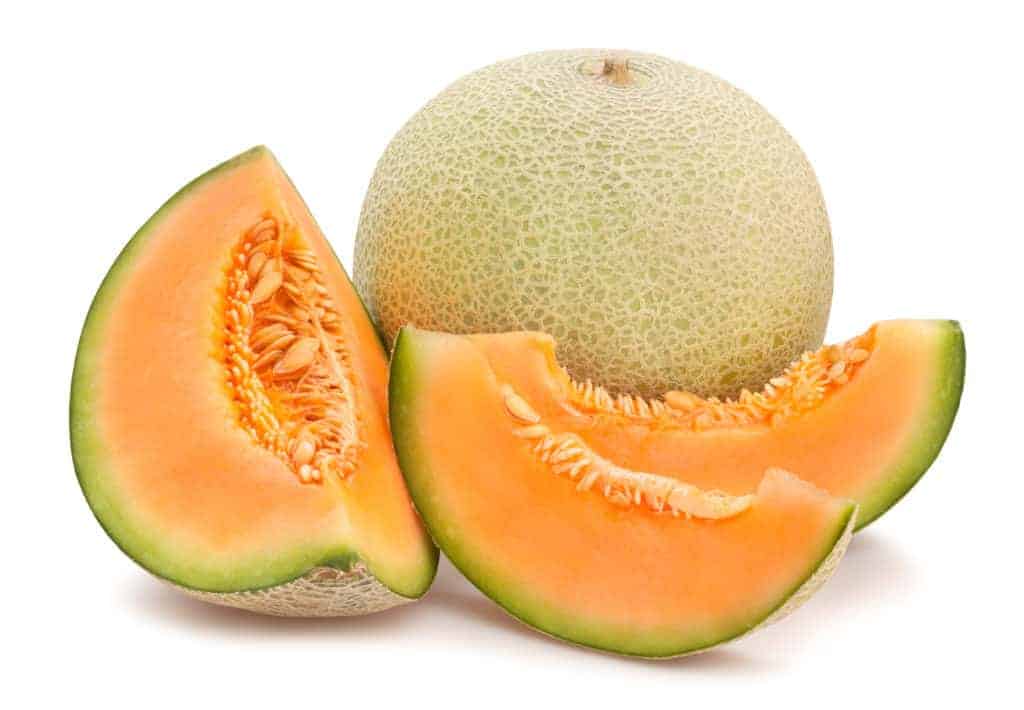
This orange wannabe melon is a party favorite! Cantaloupe contains only 8.16g of carbohydrates per 100g.
Avocados
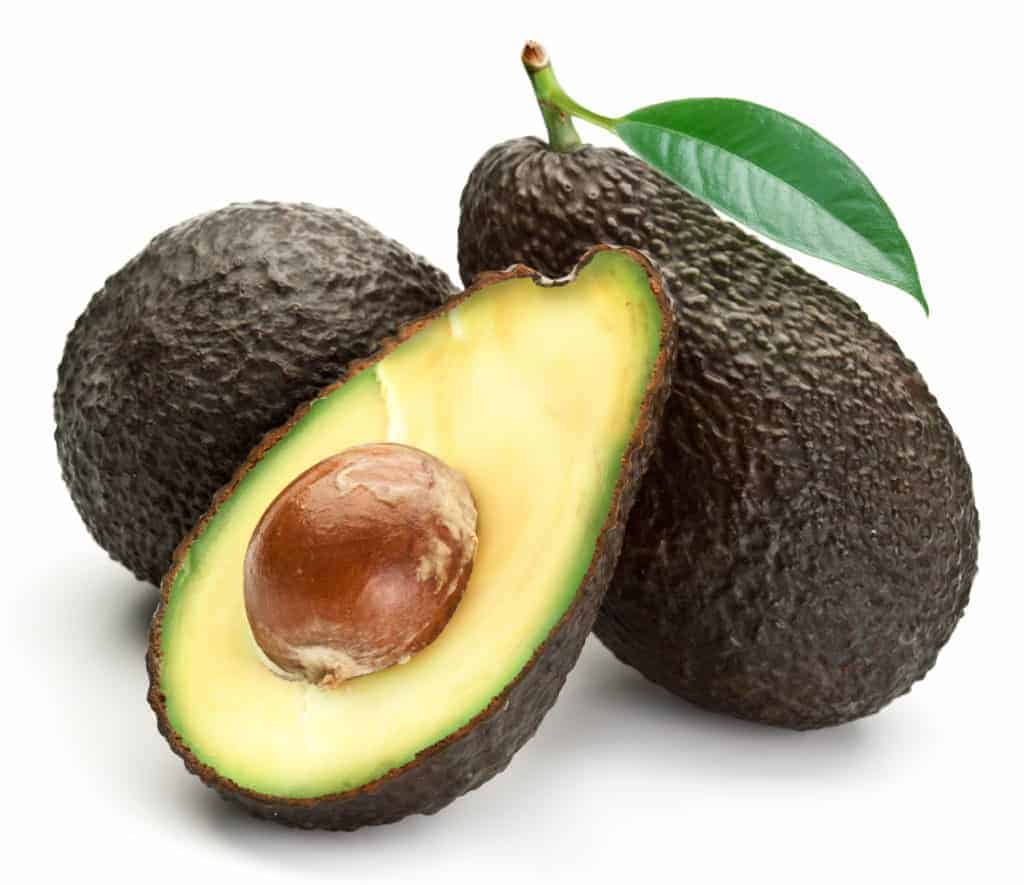
Avocados are fruits! You heard that right. They are fruits with relatively low carbohydrate content. For every 100g of avocado, a person gets an estimated 8.53g of carbohydrates. Avocados are also an excellent source of monounsaturated fats, which may have restorative effects on the heart and blood vessels.
Honeydew
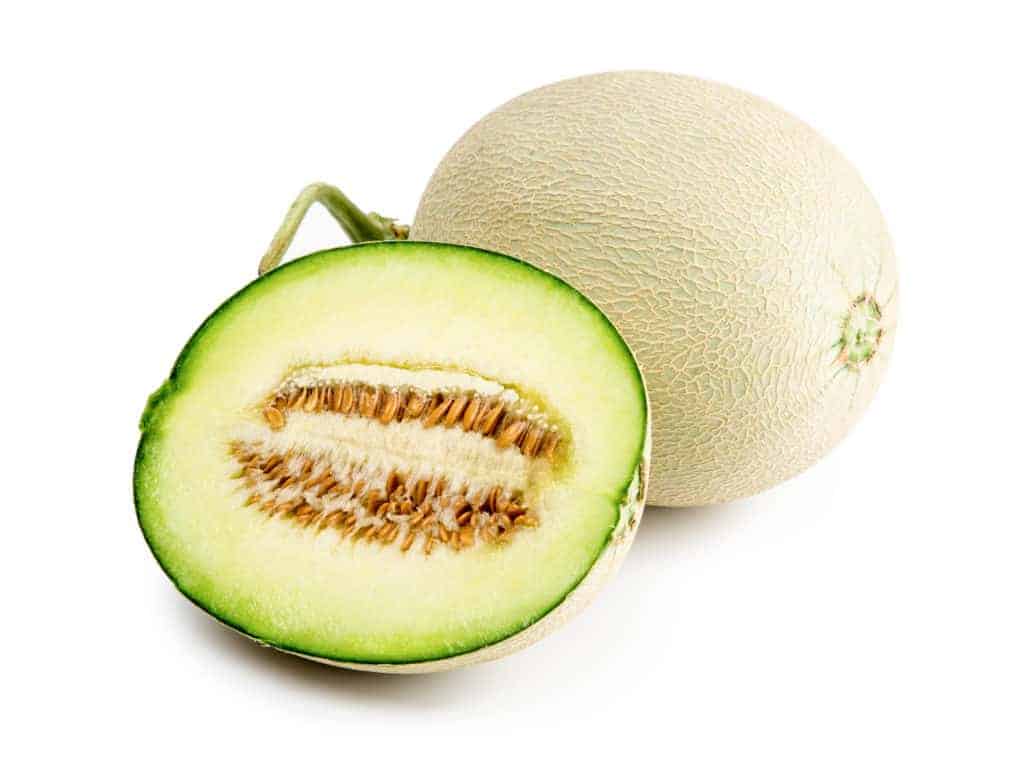
Honeydew is another popular type of melon. Unlike watermelon, honeydew provides about 9.09g of carbohydrates for every 100g. It is also a great source of vitamin C and potassium.
Peaches
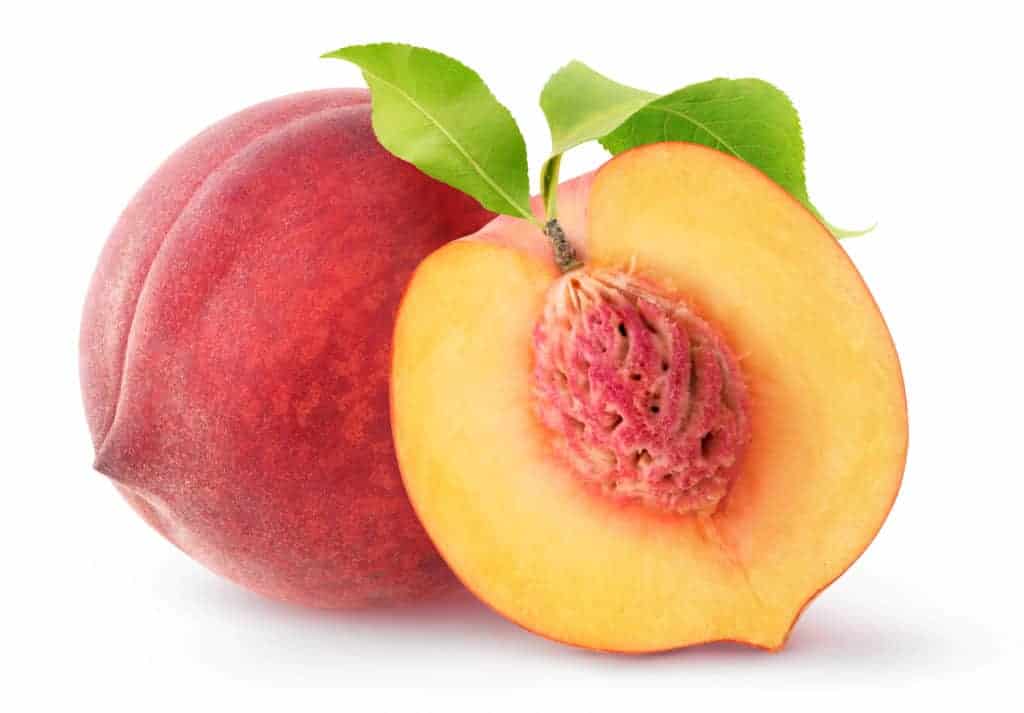
Peaches have a surprisingly low carbohydrate content as well, considering that they are some of the sweetest fruits out there. For every 100g of peach, an individual receives 9.54 g of carbohydrates.
Vegetables
No matter what diet you follow, vegetables are an essential source of nutrition. They are especially valuable as part of a carb-regulated diet for providing nutrients while cutting carbohydrate intake.
Vegetables are high in fiber and lower in calories per serving than any other food. They also carry a broad range of healthy compounds such as vitamins, minerals, and even phytochemicals. The following are some of the best vegetable options with the fewest carbs.
Cucumbers
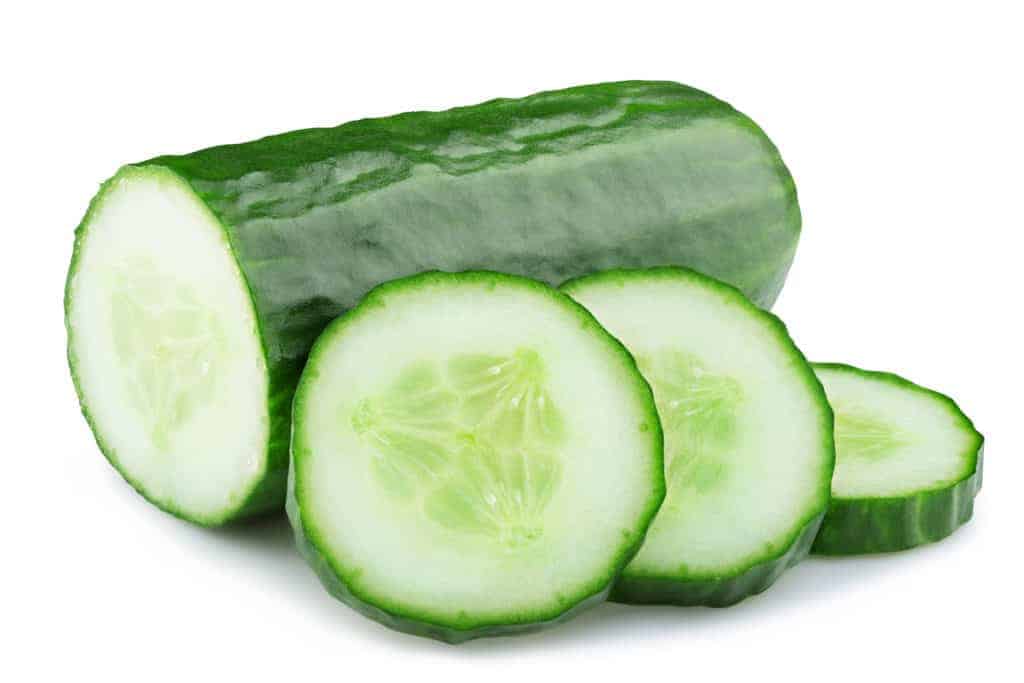
Cucumber is a delightful and nutritious accessory to any salad. Shaved cucumber contains just 2.16g of carbohydrates per 100g serving. On the other hand, cucumbers with the skin provide 3.63g of carbohydrates, making it a high-ranking low-carb vegetable.
If you plan on adding cucumber to your diet, keep in mind that most of a cucumber’s nutrients live in the skin. For this reason, you should try to consume the skin along with the rest of the cucumber if you want access to the full benefits.
Iceberg lettuce
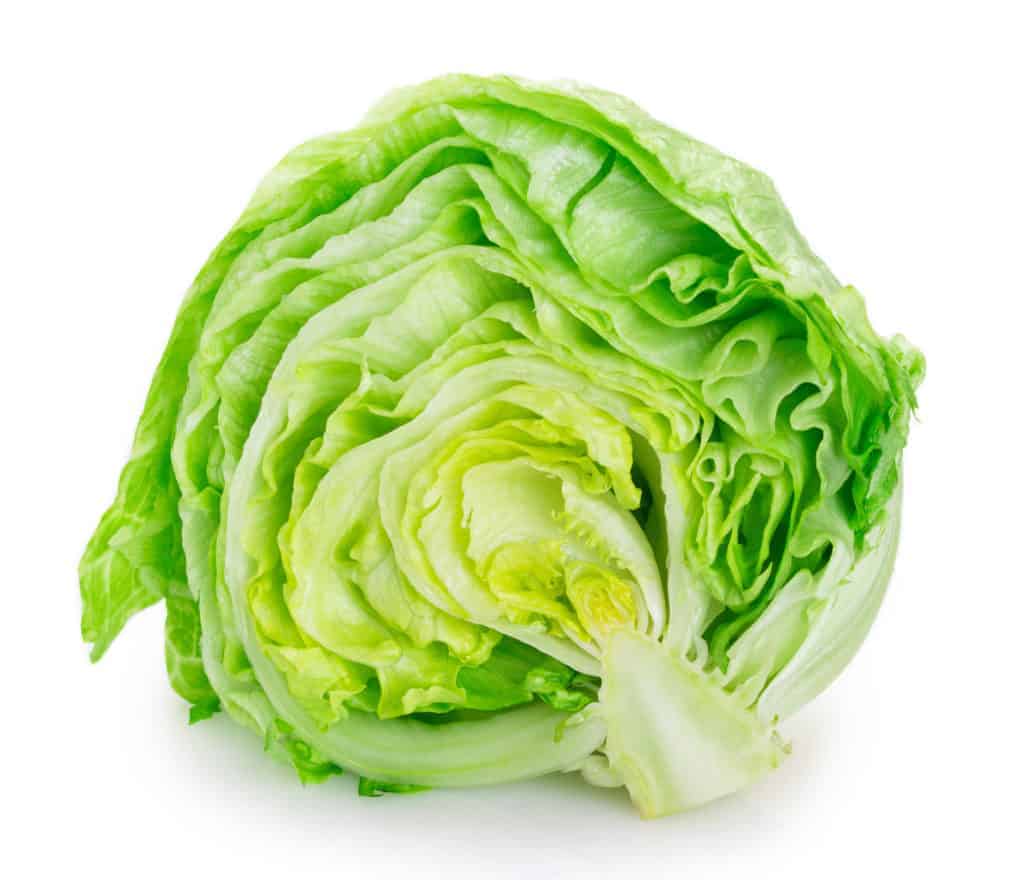
Despite being low in overall nutritional content, Iceberg lettuce is one of the most popular vegetables globally. Iceberg lettuce has only 2.97g of carbohydrates per 100g. Pair it with extra vegetables on this guide to build a delicious low carb salad with a diverse range of nutrients.
Celery
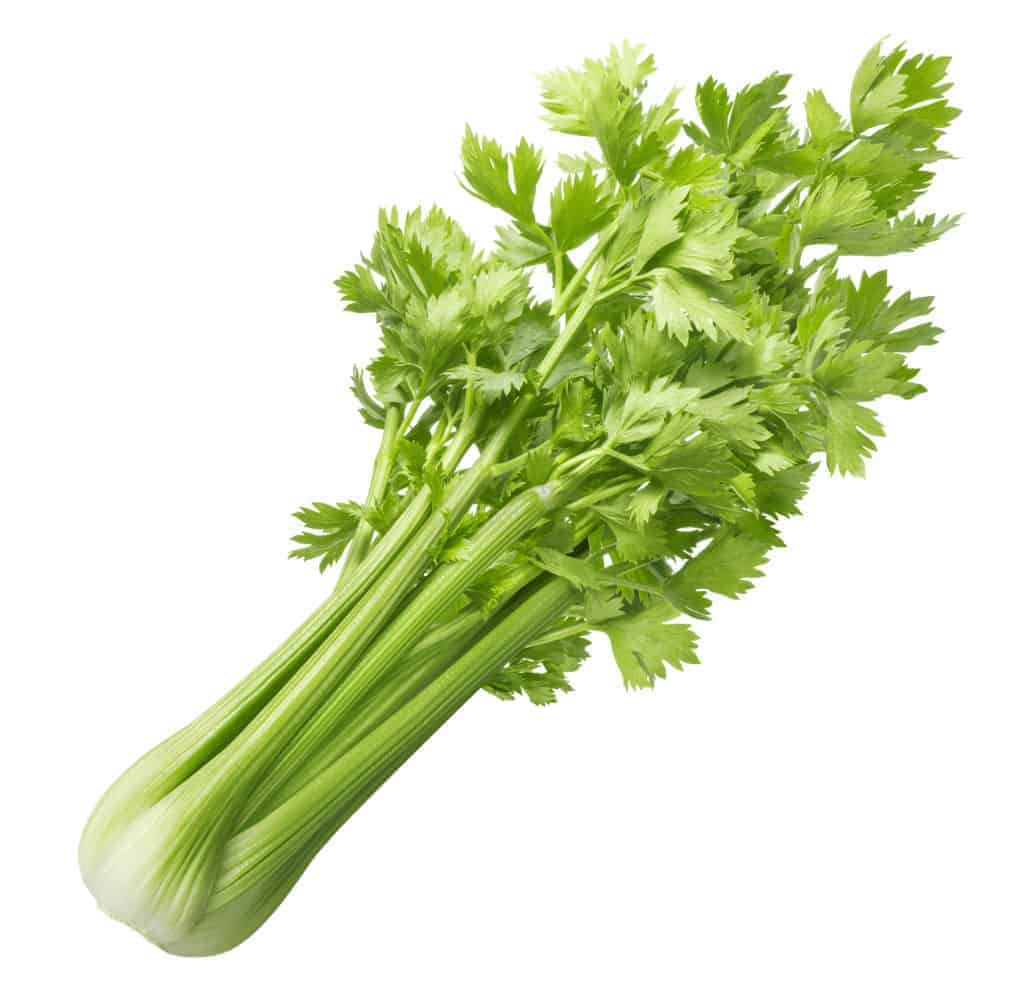
Celery is another popular vegetable that pairs well with salads as well as casseroles. This vegetable provides approximately the same amount of carbohydrates as iceberg lettuce. Furthermore, it can add a pleasant crunch to many dishes as part of any low carb menu.
White Mushrooms
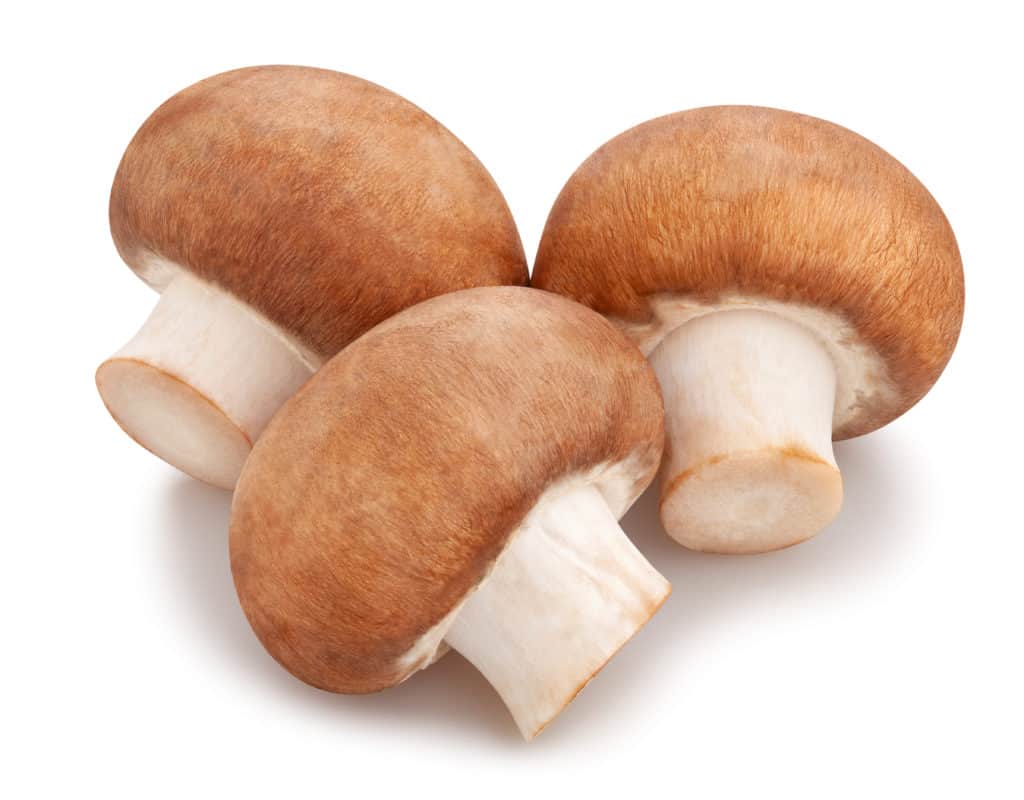
Mushrooms provide only 3.26g of carbohydrates per 100g. People can add some to an egg-white omelet for a healthy, low carb breakfast.
Some studies hint that mushrooms can preserve heart health and decrease the risk of type 2 diabetes.
Spinach
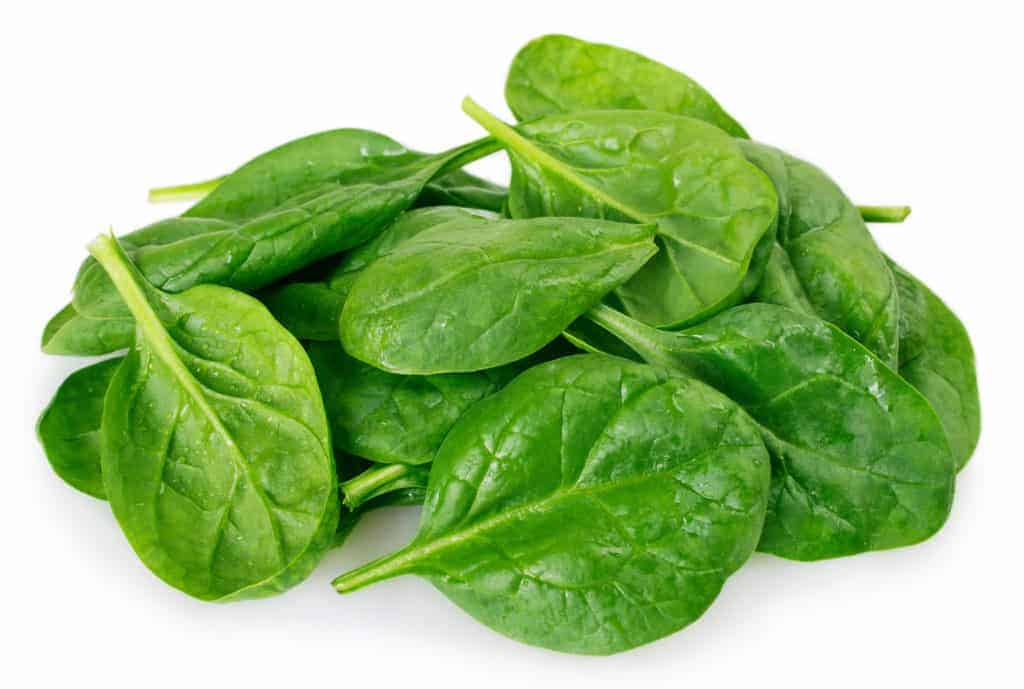
Spinach is an indispensable source of calcium, iron, and magnesium, and it can be remarkably useful for supplementing these vital minerals in a vegetarian (or vegan) diet. People can add spinach to enrich salads, pasta dishes, and even wraps. Every 100g of spinach provides 3.63g of carbohydrates; That only comes to around 1g per cup.
Tomatoes
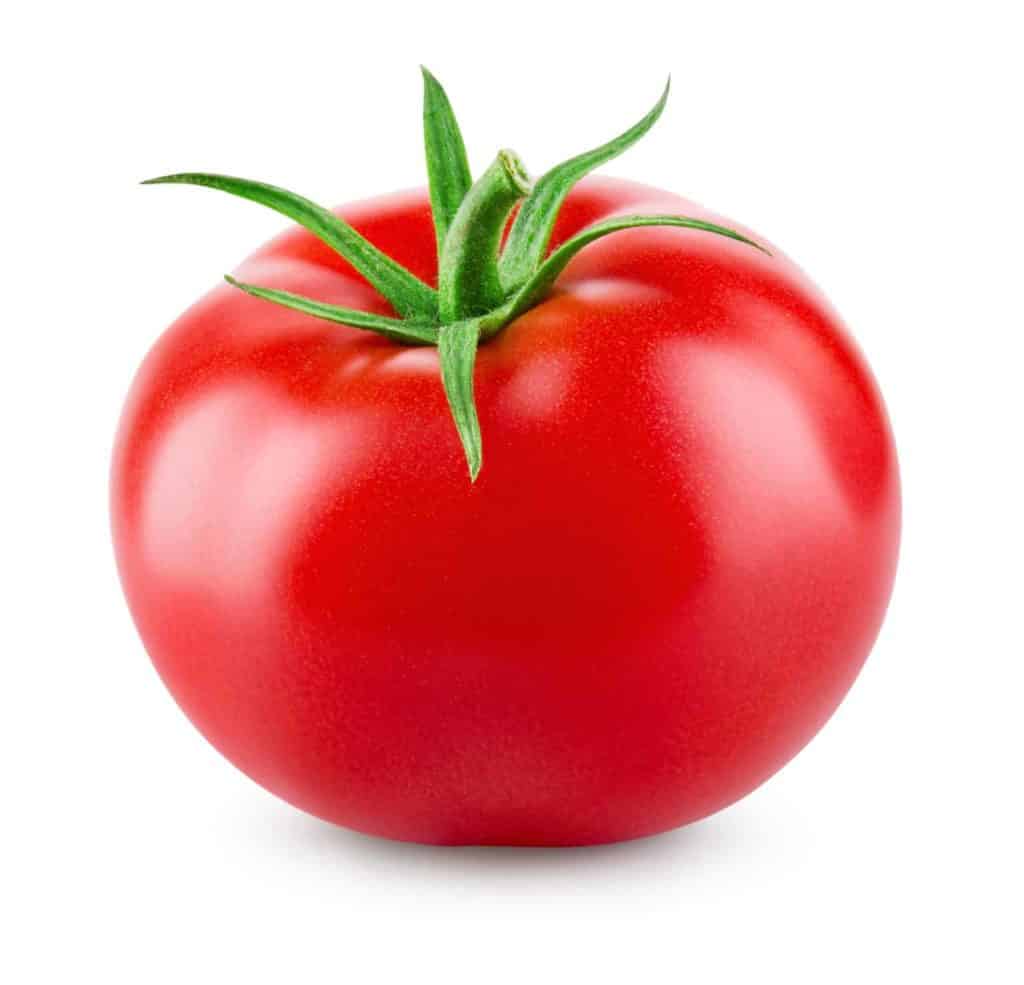
Tomatoes are a variety of legumes. They only contain 3.89 g of carbohydrates for every 100 g. Tomatoes are very versatile. People can eat them raw (like apples), roast them, or toss them into a salad or sandwiches. Not only are they tasty, but tomatoes can also reduce the risk of stroke.
Takeaway
You don’t need to sacrifice your favorite fruits and vegetables when reducing their carb intake; you only need to know which ones to go for and the ones that will have the most impact on your diet. Keep this guide of low-carb fruits and vegetables handy to help enrich your plate and your life.
